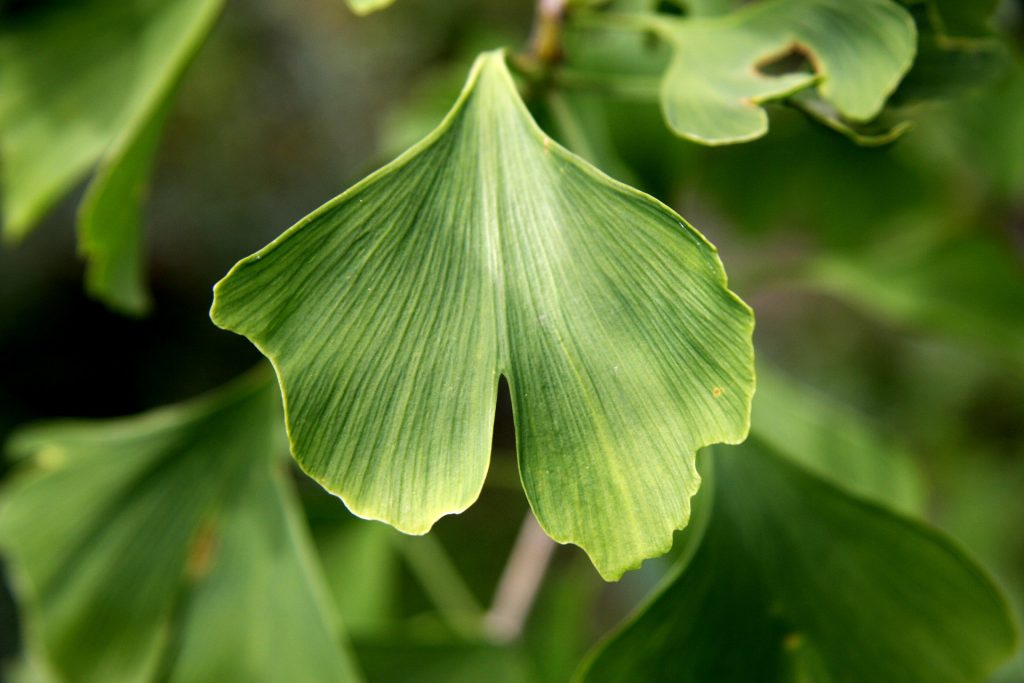 Anxiety is a disorder characterised by uncontrolled feelings of fear or helplessness. Severe anxiety, including panic attacks, often requires medical intervention as the symptoms can overwhelm the resources of the individual and be highly debilitating. However, a growing number of individuals suffer from an undiagnosed milder form of chronic anxiety for which they never seek medical attention. This low grade anxiety appears to be fairly common amongst the general population of the Western nations, and it is often put down to the stress of daily life. This sort of chronic low grade anxiety is termed the generalised anxiety disorder (GAD). A similar condition called adjustment disorder with anxious mood (ADWAM) is a transient anxiety caused by a stressful event. People with low grade chronic anxiety are increasingly turning towards the use of natural remedies to combat their problems, and in this regard a number of natural remedies have been shown to be highly effective at treating the condition.
Anxiety is a disorder characterised by uncontrolled feelings of fear or helplessness. Severe anxiety, including panic attacks, often requires medical intervention as the symptoms can overwhelm the resources of the individual and be highly debilitating. However, a growing number of individuals suffer from an undiagnosed milder form of chronic anxiety for which they never seek medical attention. This low grade anxiety appears to be fairly common amongst the general population of the Western nations, and it is often put down to the stress of daily life. This sort of chronic low grade anxiety is termed the generalised anxiety disorder (GAD). A similar condition called adjustment disorder with anxious mood (ADWAM) is a transient anxiety caused by a stressful event. People with low grade chronic anxiety are increasingly turning towards the use of natural remedies to combat their problems, and in this regard a number of natural remedies have been shown to be highly effective at treating the condition.

The ginkgo biloba tree has a distinctive bilobed leaf. Gingko biloba may be an effective treatment for mild to moderate anxiety. The ginkgo biloba extract EGb 761 is a special extract of Ginkgo biloba leaves, standardized to contain 22-27 % of flavone glycosides and 5-7 % terpene lactones (ginkgolides, bilobalide). Standardised extract should be used where available as they are guaranteed to contain reasonably high concentrations of the phytochemicals that likely have the physiological effects. Ginkgo biloba EGb 761 is registered in Germany as a treatment for dementia, and in this regard in can improve the cognitive performance of patients with dementia. Ginkgo biloba EGb 761 extract has been shown to reduce the anxiety experienced by those with dementia. Animal studies also show that gingko biloba extract EGb 761 can also decrease anxiety experienced in rat experimental models. The reason for the beneficial effects of ginkgo biloba on anxiety may relate to the presence of flavone glycosides in the herb. The flavones chrysin and apigenin have both shown beneficial effects against anxiety, and therefore the flavones present in ginkgo biloba may be responsible for its beneficial effects. Gingko biloba is thought to contain a number of flavones including apigenin and luteolin. In addition, gingko biloba leaves contain a number of biflavones (ginkgetin, isoginkgetin, bilobatin, amentoflavone, sciadopitysin), which comprise of two flavones bonded together. There are also a number of flavonols present in the leaves including quercetin, myricetin, isorhamnetin and kaempferol and flavan-3-ols (catechin, epicatechin, similar to those found in tea. Some of these flavan-3-ols may polymerise to form proanthocyanidins.
The herb gingko biloba for example has been shown to be highly effective at reducing the symptoms of anxiety. In one study, the efficacy of gingko biloba to decrease the symptoms of anxiety was investigated on a group of patients anxiety. The patients either hand generalised anxiety disorder (GAD) or adjustment disorder with anxious mood (ADWAM). The subjects received a gingko biloba extract at either 240 or 480 mg per day, or a placebo, for 4 weeks. The results showed that the anxiety symptoms experienced by the subjects, as measured by the Hamilton anxiety scale, decreased significantly in subjects taking the gingko biloba extract compared to the placebo. In addition, the higher dose of the ginkgo biloba extract produced significantly greater reductions in anxiety symptoms compared to the lower dose. The ginkgo biloba was well tolerated and there were no serious adverse effects. Ginkgo biloba therefore appears to the a safe and effective treatment for mild to moderate anxiety in human subjects.
Eat Well, Stay Healthy, Protect Yourself
RdB
